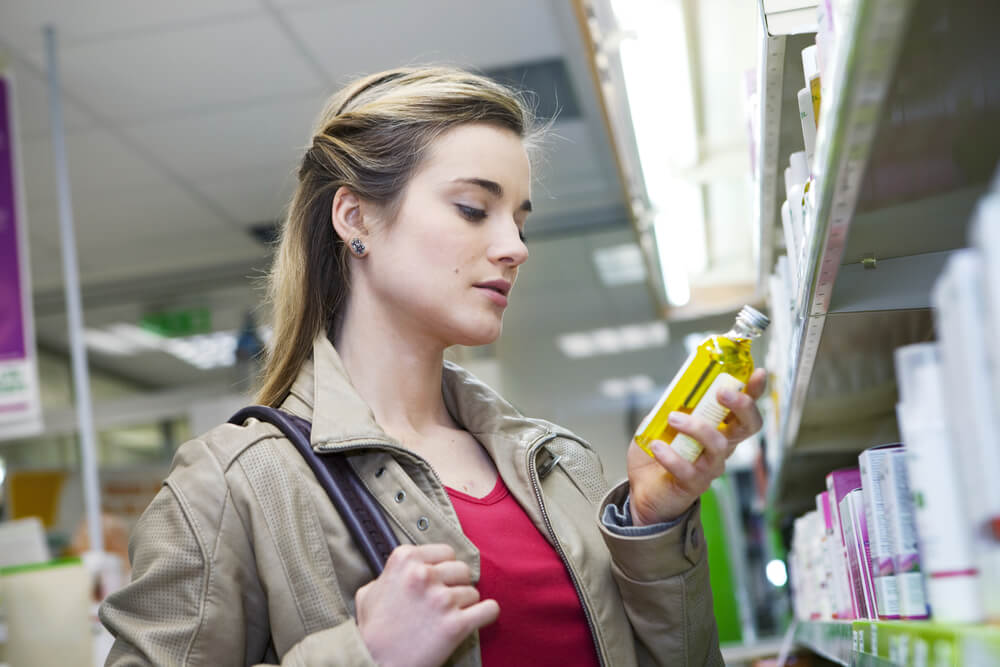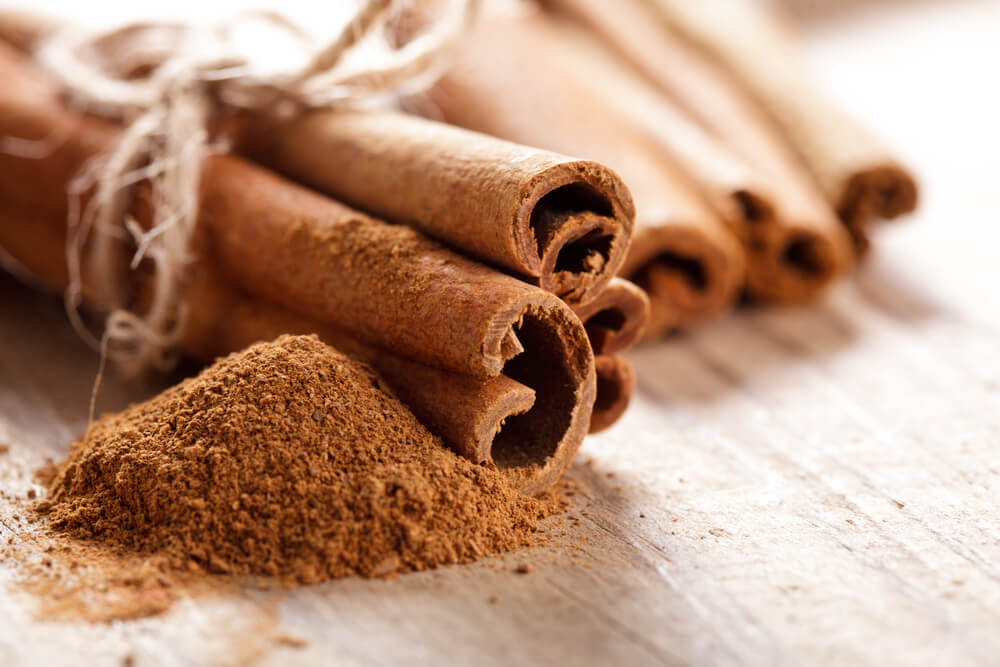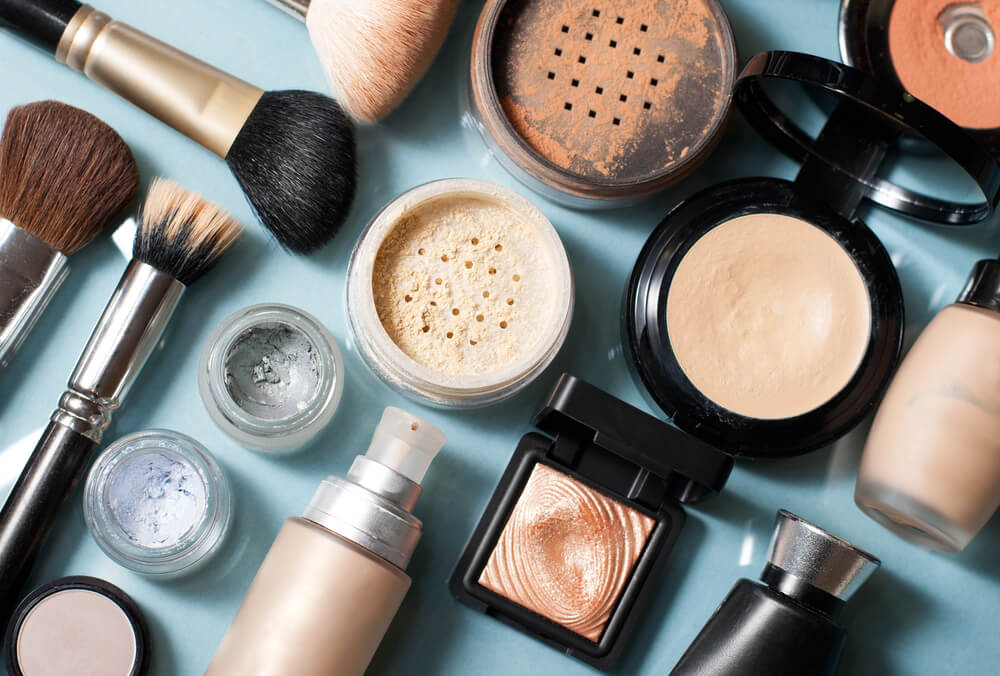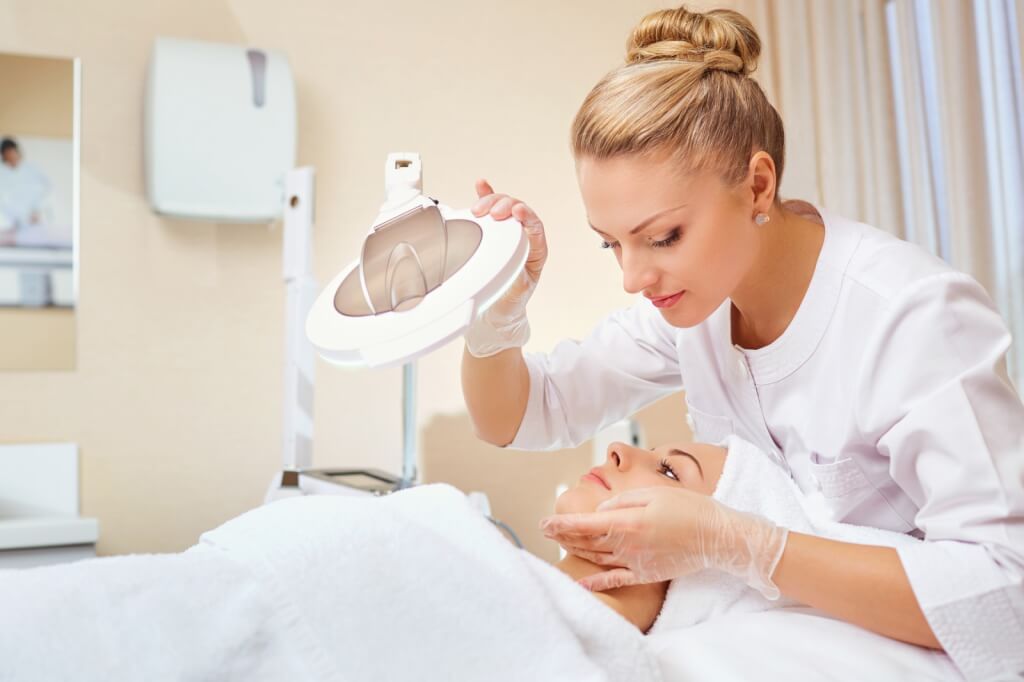'Organic product': 5 phrases on cosmetics labels that shouldn't be trusted
'09.11.2020'
Source: burning hut
There is no cosmetics without chemicals, and natural ingredients are not always safe and effective. burning hut tells how not to overpay just for words on the next jar of cream.

"Without chemistry"
The phrase “no chemicals” on the cosmetics label is just a publicity stunt. Perhaps the manufacturer wants to say that there are no synthetic parabens in his cream. But you shouldn't be afraid of synthetic parabens in a jar either - there are usually so few of them in cosmetics that it does not affect our body in any way.
When they say "chemistry", they mean something of poor quality, harmful, even dangerous to the body. There is nothing natural there. But everything in the world, even the most natural, consists of chemical compounds, and so does man. We contain at least 60 chemical elements.
"Natural / organic product"
Such a phrase on the label helps to sell cosmetics to a person who believes that everything synthetic is harmful. The idea that artificial foods are more harmful than natural ones is an outdated stereotype.
Toxic substances can be found among natural ingredients. For example, botulinum toxin is the strongest poison known today, and it is organic. It is a million times more dangerous than almost all synthetic substances known to science. Therefore, not everything that nature has created is better than artificially synthesized compounds. On the contrary, it is easier to create something safe and effective for the skin in the laboratory.
“To date, no research has proven that natural ingredients are safer or more effective than synthetic ones. But it is absolutely certain that the harm or benefit of something is determined not by its origin, but by its concentration. This, incidentally, is the main principle of toxicology, which was formulated by Paracelsus in the XNUMXth century. A simple example: from a glass of wine, you will most likely get a little drunk or not feel anything, but from five the effect will be completely different. It's the same with cosmetics ”- from the book“ It's okay about cosmetics. How to understand care and make-up and not go crazy ”from Adel Miftakhova and Masha Vorslav.
On the subject: How to properly care for cosmetics and beauty accessories during quarantine
Dermatologically tested
Sounds good: it seems that the doctors have checked everything - you can safely use it. But this does not mean that the effectiveness of the remedy has been proven.
Such an inscription means that the cosmetic company has invited one or more experts to evaluate the composition of the product. If a product seems effective to a dermatologist who was called, then on the label of cosmetics they boldly put "tested by dermatologists." You can read about this in a 2012 article in Practical Dermatology.
"Confirmed by clinical trials"
On the website of the American Academy of Dermatology, you may find a warning that the words "confirmed by clinical research" do not really mean what you might think.
It seems that scientists have gathered and conducted large-scale studies, have proven the effectiveness of the tool, and here it is, in your hands. In fact, such an inscription only means that the product was allowed to be tested by consumers. No control studies and approval of special organizations are required to write such a phrase on the cream label.
On the subject: What cosmetics should be taken from the USA, and which is better not to spend money on: personal experience
"Hypoallergenic"
Everything seems to be clear here - there are no substances in the product that provoke allergies. This is important for allergy sufferers. But even here a surprise awaits you.
On the FDA website, you can find out that there are no standards or federally approved definitions of the word "hypoallergenic". If this is written on the hand cream label, then this is the opinion of the manufacturer. The law does not oblige her to account for why the product seems to her like that. Unsurprisingly, in 83% of cases, jars with this phrase on the label still contain potential allergens. This became known after the publication of the study in the Journal of the American Medical Association.
In our country, there is a GOST with cosmetic terms and definitions. It says that "hypoallergenic cosmetics" are products that people with allergies and sensitive skin can use. But how to distinguish ordinary cosmetics from hypoallergenic is not specified. It turns out that you can only check whether a product will cause you an allergy or not by experience.







